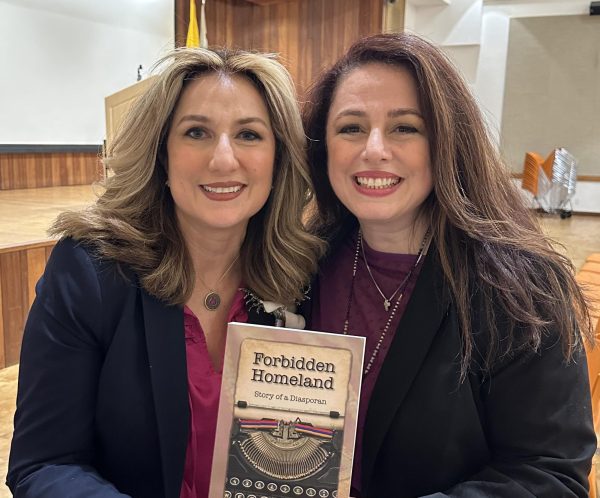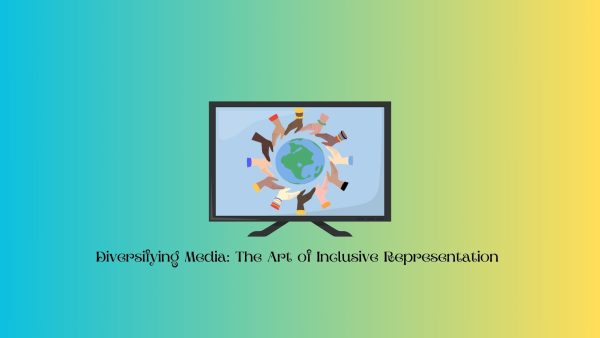Want to be Healthy? Drink Coffee
Recent Studies Show that Coffee May be Good for Your Health
Photo Courtesy of Nathan Dumlao on Unsplash
Coffee has gotten a lot of backlash, but recent studies show that it may do more good than harm.
April 3, 2020
Coffee has quite a reputation. Moms across the world discourage their children from drinking it, yet laugh off their own dependence on it to get them up in the morning. But overall, there seems to be a common underlying attitude: coffee is bad for you.
But is it really? Recent evidence has reignited the argument that coffee is actually good for you- if it’s of the right quality and quantity.
As coffee consumption increases among the youth—the frequency of daily consumption for those between 13-18 rose from 37% in 2017 from 31% in 2016—it is all the more urgent that we understand the true impacts of coffee (National Coffee Association).
Much of the negativity towards coffee stems not from the coffee itself, but from the negative impacts of the caffeine commonly found in coffee. However, caffeine is also found in a number of other things, including soft drinks, energy drinks, tea, and even ice cream and chocolate- so pointing the blame squarely at coffee isn’t quite accurate. In particular, many other caffeinated drinks, such as soft drinks or energy drinks, have far more sugar and chemicals than the classic cup of black coffee.
The New York Times reports that up to 3 to 5 cups of coffee per day, or 400 milligrams of caffeine, “seems to be good for most people.” In fact, “The evidence is pretty consistent that coffee is associated with a lower risk of mortality,” said Erikka Loftfield, a research fellow at the National Cancer Institute.
Furthermore, most people aren’t even drinking that many milligrams. The average adult drinks between 110mg/day (for women ages 19-30) and 260 mg/day (for men ages 51-70). Young people drink even less: 5-32 mg/day for children and 63-80 mg/day for teenagers, according to the Dietary Guidelines by the Office of Disease Prevention and Health Promotion
An umbrella review in 2017, performed by the British Medical Journal, discovered that coffee consumption does seem to do more good than harm. By looking at hundreds of previous studies of coffee consumption, the authors concluded that “moderate coffee drinkers had less cardiovascular disease, and premature death from all causes, including heart attacks and stroke, than those skipping the beverage.” This applied to almost all people, except for pregnant women or women at risk of fracture.
Similarly, a study conducted in 2015 by the American Journal of Epidemiology reported that coffee consumption was found to be inversely associated with mortality. This was because the consumption seemed to reduce “several leading causes of death, including heart disease, chronic lower respiratory diseases, diabetes, influenza and pneumonia, and intentional self-harm.”
Dr. Giuseppe Grosso, an assistant professor in human nutrition at the University of Catania in Italy, explained that the “potential benefit from coffee might be from the polyphenols, which are plant compounds that have antioxidant properties” (New York Times).
Aside from these health benefits, there still remains a classic benefit: coffee provides an energy boost. Amaris Lee (11) agrees, saying that “It helps me stay awake during school so that I can concentrate on my studies.”
Clearly, it’s about time we reevaluate all the negativity towards coffee. It’s not all bad- in fact, it could be a key component of maintaining a healthy diet and lifestyle for some people.























